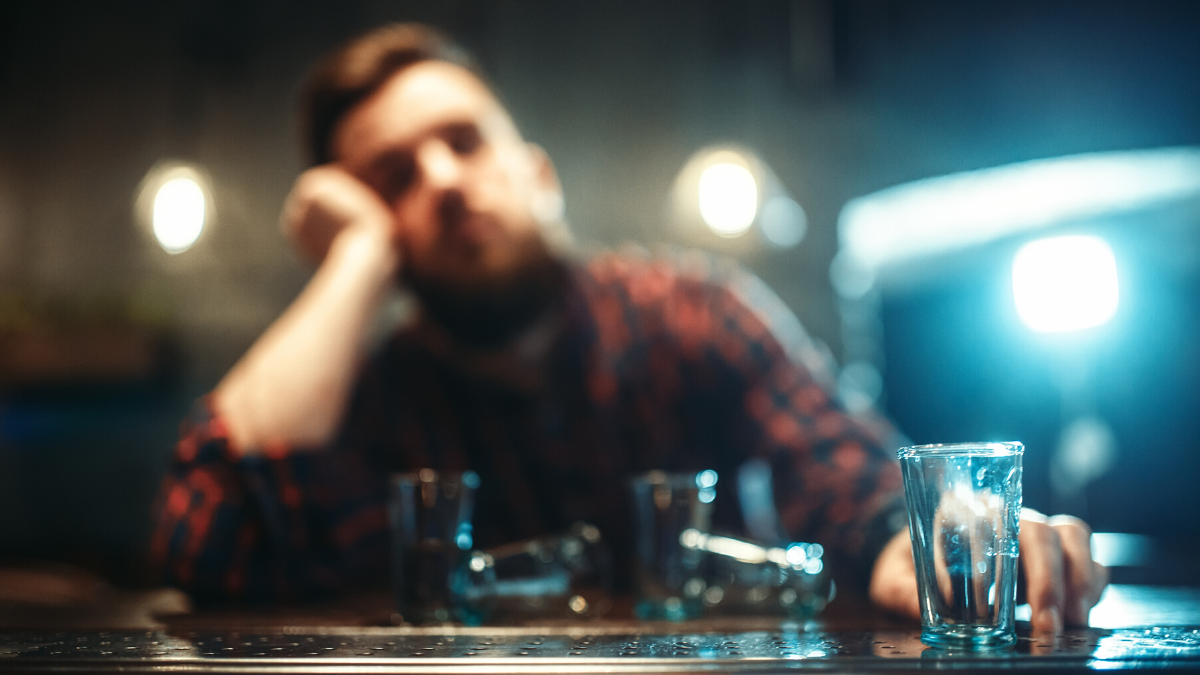
A global pandemic, months of social isolation, job uncertainty, and not knowing when to expect a return to normalcy – to put it mildly, right now is a stressful time to be alive. If you’re finding yourself experiencing an unusually high level of anxiety or depression during the COVID-19 outbreak, it’s hard to blame you. For some, this has led to a marked increase in alcohol consumption. While the exact relationship between the coronavirus and drinking is unclear, early reports showed alcohol sales spiking over 50% in the initial weeks of lockdown.
The Relationship Between COVID-19 and Alcohol Consumption
The combination of global upheaval and being cooped up all day can make things really difficult, particularly for people who already struggle with mental health issues. The stress caused by current events can be compounded by the fact that there are fewer options available for blowing off steam makes it understandable that some might turn to alcohol as a stress reliever more often during quarantine. Additionally, people who struggle with alcohol abuse may be feeling cut off from their support system during quarantine.
Myths About Alcohol & the Coronavirus
COVID-19 is a new virus and we are continuing to learn about it in real time, which has led to the spread of misconceptions and misinformation about how the virus behaves. Persistent rumors have held that the alcohol disinfects the mouth, kills traces of the body, or improves the immune system. In fact, none of these are true. While isopropyl alcohol can disinfect surfaces, there is no evidence that it can kill the coronavirus inside the body. Furthermore, alcohol inhibits quality sleep and actually weakens the immune system.
Health Effects of Alcohol Abuse
While there’s nothing wrong with drinking in moderation (doctors recommend not more than 1-2 drinks per day for men, 1 drink per day for women), regular binge drinking can have a number of harmful effects on your health. It inhibits immune function by causing inflammation and negatively affecting sleep patterns. Also, while drinking may offer temporary stress relief, studies have shown that alcohol overuse can worsen depression and anxiety symptoms over time.
Healthier Approaches to Stress Relief
While alcohol use is not a healthy way to deal with stress, the feelings that you’re experiencing during this pandemic are valid, and it’s important to have coping strategies to deal with them. Some methods that may help reduce stress include:
Exercise: Lifestyle factors can have a significant impact on your mental health. Exercise releases endorphins that encourage feelings of mental well-being and also helps you get better quality sleep. Yoga is one great exercise you can do at home to feel better, mentally and physically. Just going for a walk each day may help.
Meditation: Meditation and mindfulness exercises take just a short time each day and may help you gain relief when you are feeling depressed or overwhelmed.
Reach out to others: Just staying in touch with family and friends can be critical to maintaining your mental health. Schedule regular phone and video check-ins and don’t be afraid to call someone if you’re having a rough day.
Talk to a therapist: Many psychotherapists do phone or video sessions, and talk therapy can be an absolute life-saver when you’re battling depression. If your depression or anxiety is rooted in a chemical imbalance, a prescription for antidepressants from a psychiatrist might make a positive impact.
Anxiety & Depression Treatment at Medical Offices of Manhattan
You’re the only one who can really know what you’re going through, and if you’re concerned about the feelings that you’re experiencing, we can help you find a solution. At Medical Offices of Manhattan, we offer treatment for anxiety and depression. Schedule an appointment to talk to one of our doctors for help getting you back to feeling like yourself.


